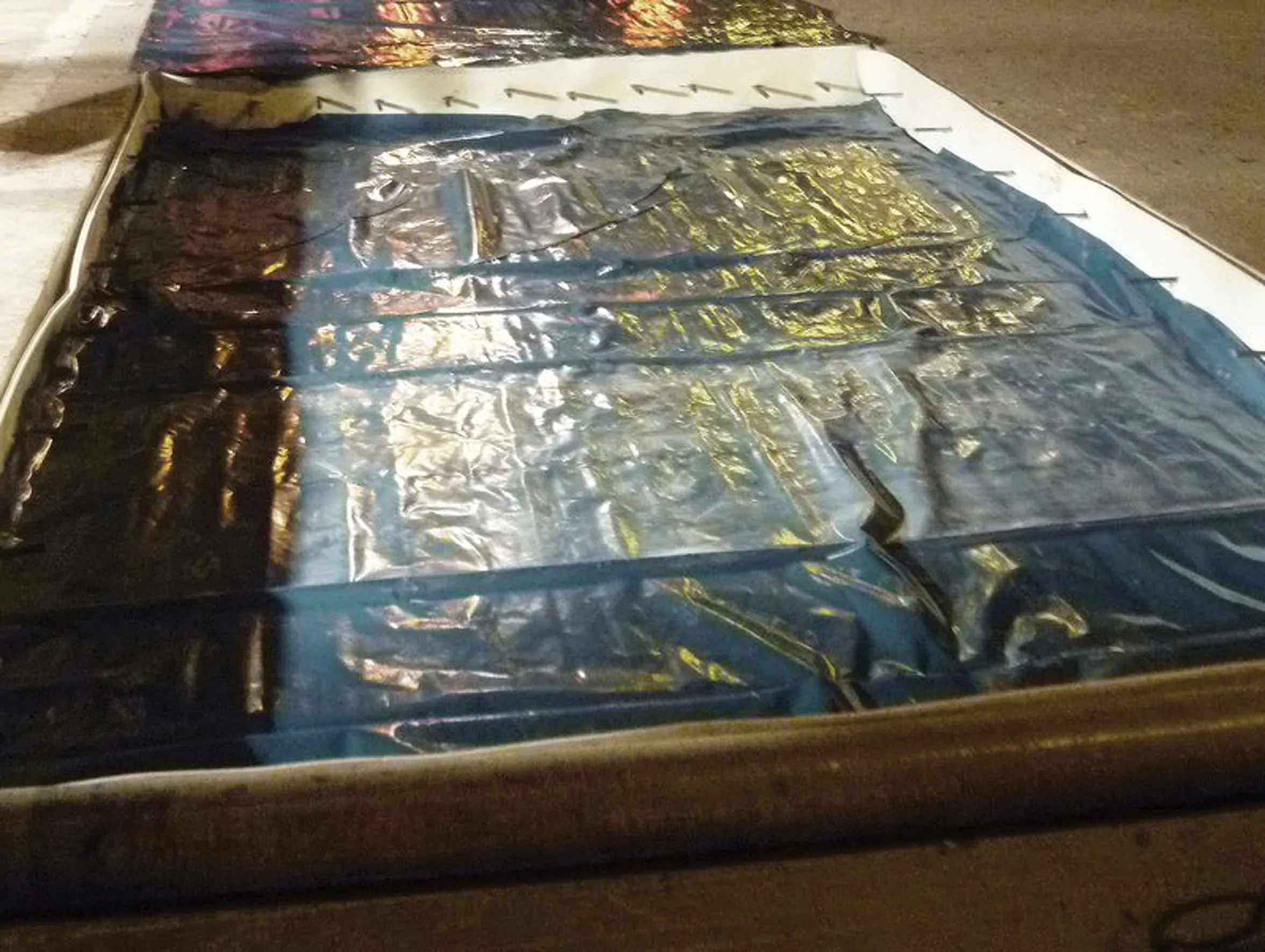
AECOM, a global infrastructure consulting firm, has delivered what it says are the first “Climate Guidance” documents for Transport Infrastructure Ireland.
The guidance sets out how infrastructure developers should approach assessment of a project’s impact on the climate, in terms of greenhouse gas (GHG) emissions and climate resilience, in both design and operation. Previously, there had been no specific climate impact assessment guidance for roads, light rail and greenways in Ireland.
AECOM has also developed a custom carbon emissions assessment tool for Transport Infrastructure Ireland – TII - as part of the project. The tool can assess carbon emission sources from early design through to construction, operation, and decommissioning. A range of designs can be assessed, supporting decision-making to minimise climate impact on national roads, light rail and rural cycleways (offline and greenways) projects.
The tool also provides the ability to record carbon saving measures considered and implemented at each lifecycle stage and project phase. It aligns with PAS 2080 for carbon management in infrastructure. PAS 2080 is a global standard for managing infrastructure carbon designed to meet World Trade Organisation requirements. The framework looks at the entire value chain, aiming to reduce carbon and reduce cost through more intelligent design, construction and use.
Ireland has already experienced a significant level of damage to infrastructure and disruption to services. This has been caused by multiple extreme weather events such as the floods of winter 2015/16 and storms Ophelia and Emma in 2017 and 2018 respectively, said Ian Davies, technical director at AECOM.
“Both carbon mitigation and climate change adaptation of Ireland’s infrastructure is required to enable the development of a net zero and resilient future that is aligned with Ireland’s national ambitions,” he said.
The tool’s use is now listed as a requirement in TII’s Environmental Impact Assessment (EIA) tenders. Transport Infrastructure Ireland is the state dealing with road and public transport infrastructure. It was set up 2015 by merging the former National Roads Authority and Railway Procurement Agency.







